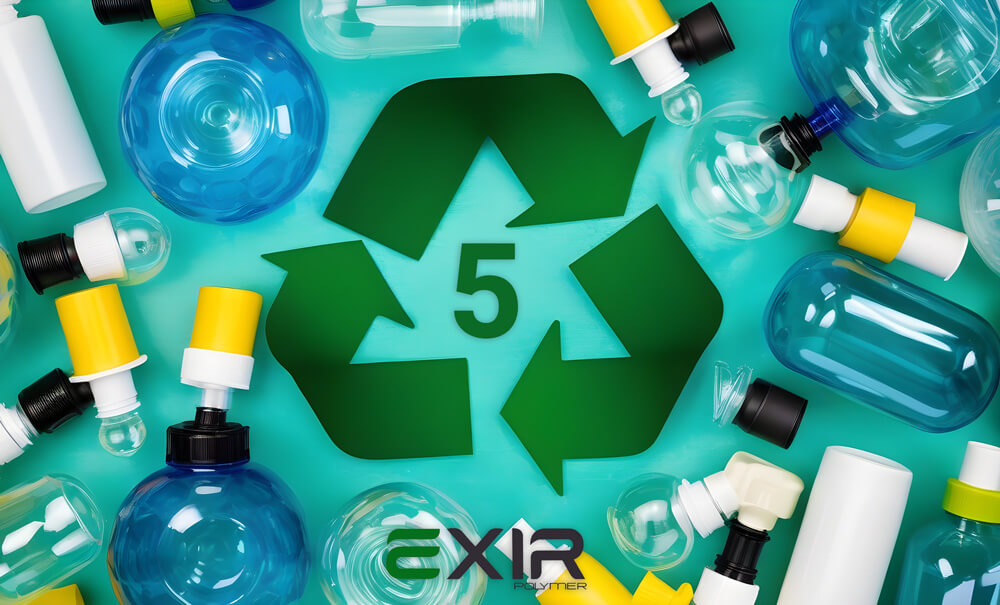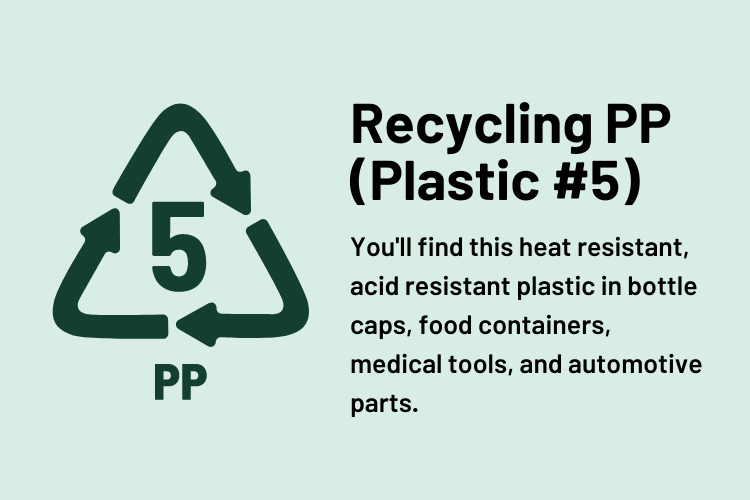Transforming Plastic Waste: The Importance of PP Recycle
Polypropylene (PP) recycling is definitely an increasingly important method for a more sustainable and green future. As one of the very most frequently applied pockets in packaging, automotive areas, and textiles, PP sell product that, when recycled effectively, can offer substantial environmental and economic benefits. In this informative article, we will investigate why PP Recycling is key to making a greener planet and how it contributes to a round economy.

1. Decrease in Spend Era One of the most immediate benefits of PP recycling could be the decrease in plastic waste. PP is commonly found in different consumer products and services, from food containers to package caps. Without recycling, these items might subscribe to rising landfills and ocean pollution. By recycling PP, we prevent a large level of plastic from entering the surroundings, helping to ease the burden on landfills and lowering waste accumulation. 2. Conservation of Assets Recycling PP assists conserve valuable natural assets, such as petroleum. PP production is energy-intensive, and extracting natural products requires significant amounts of energy and resources. By reprocessing and reusing PP, we significantly reduce the necessity for virgin materials, decreasing the general environmental presence of plastic manufacturing. 3. Lower Carbon Emissions When PP is recycled, the entire carbon impact associated having its manufacturing is reduced. Recycling needs less power than producing new plastic from organic resources, which brings to lower greenhouse gas emissions. That reduction is crucial in fighting weather modify and meeting international carbon reduction targets. 4. Economic Advantages and Job Formation The PP recycling market not just helps sustainability but also influences economic growth. By buying recycling technologies and infrastructure, governments and companies build careers within the recycling and waste management sectors. These careers perform an essential position in regional economies while promoting a greener future. 5. Campaign of a Round Economy PP recycling supports the move toward a circular economy, where products are recycled, repaired, and recycled, reducing the need for new natural materials. That rounded approach ensures that resources remain in use for as long as probable, minimizing spend and maximizing source efficiency. In addition, it encourages advancement in item style and recycling systems, more evolving sustainability.

Conclusion The advantages of PP recycling are undeniable. From lowering waste to conserving resources and decreasing carbon emissions, the method of recycling polypropylene is an essential part of moving towards a greener, more sustainable future. By adopting and investing in PP recycling, industries and individuals can help produce a cleaner, healthy setting for potential generations.